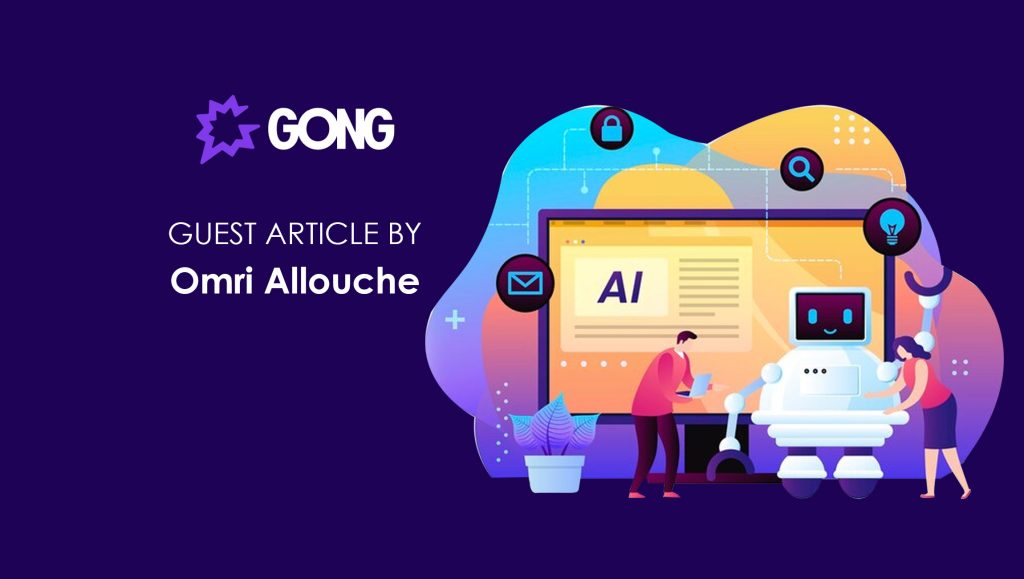Generative AI took the world by storm in late 2022 and was quickly heralded as not just a cool consumer tool, but a solution for an array of business needs. AI can save – and for many companies, is already saving – hours upon hours of time on administrative tasks that can instead be reallocated to more strategic initiatives – and its transformative potential is only just beginning to be understood.
As we progress into 2024, the intense hype around generative AI will continue to evolve in a way that transforms the enterprise as a whole. What will companies come to expect from AI solutions? As LLMs and new applications of generative AI improve in their accuracy, can we anticipate additional levels of business utility? Below are a few predictions.
Knowledge Injection
General purpose LLMs, which are often trained on a compilation of data across multiple industries, lack the specificity and unique knowledge that the enterprise will need to successfully implement generative AI. We’re likely to see an increase in “Knowledge Injection” – when organizations build on top of LLMs to leverage AI in a way that provides domain-specific insights at every touchpoint.
In the sales tech industry, for example, certain phrases or language may imply something different than when the same phrases are used in varying industries or settings. With the adoption of domain-specific AI, automated insights that detail key takeaways and next steps following customer conversations will be more relevant to the user and industry looking to activate them.
Read More: SalesTechStar Interview with Lindsey Chambers, Regional VP of Sales – US, Exclaimer
AI Agents
We can also expect to see increasing use of “AI agents,” moving beyond the summarization or content generation activities that have been accepted widely as the primary benefits of the technology. Going a step further, agents integrate information into workflows, identifying the individual next steps (and sequence they need to occur in) and then executing actions proactively and autonomously based on specific user requests.
At first, these agents will be able to perform smaller tasks (“let me know when a competitor is mentioned on a call with a particular customer”) and will eventually be able to execute more complex tasks (“take the next steps needed to close this deal”). These agents will continue to provide value and give time back to sales professionals.
Organizational-Wide Use
In sales, there will always be a need for representatives who lead day-to-day communications with a customer or prospect to close deals. But with AI’s increasing ability to deliver relevant insights across varying industries while also implementing the actions needed as a result of the insights, management – and even C-suite executives, will likely be more hands-on with the technology. As AI becomes more applicable across all levels of an organization, we will see leaders using it to quickly gather information, including trends, positive and negative sales pipeline indicators over time, and revenue projections.
AI will no longer be a tool used solely by the bottom line for the bottom line, but instead, a tool that can be accessed and beneficial to every level of executive – positively impacting the organization as a whole. We are at the precipice of a transformative moment in technology, and I can’t wait to see what happens throughout the rest of 2024 to push this game-changing tech forward and reshape our workdays.
Read More: Call tracking: Improving customer relationships and boosting bottom lines
Also catch this SalesTechStar Interview with Abigail Salvador, Sr. Growth Account Executive at Gong
Missed The Latest Episode of The SalesStar Podcast? Have a quick listen here!
Episode 195: Data Best Practices for Modern Marketing and Sales with Ana Mourao, CRM Sr. Manager at Stanley Black and Decker Inc.
Episode 194: AI’s Influence on Travel and Hospitality with Toby Korner, SVP, Digital Marketing at Priceline
Episode- 193: A Chat on AI with Debbie Braney, Vice President, Demand & Brand Marketing at Glassbox




















